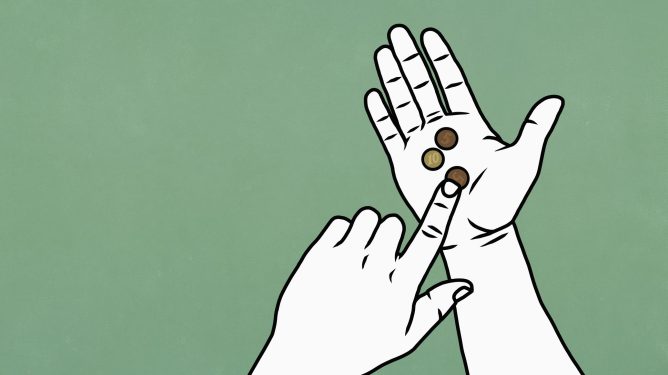In a significant victory for the tech giant, an IP court in Beijing has overturned a 2016 ruling that accused Apple of violating design patents of a Chinese company called Shenzhen Baili. The dispute centered around the exterior design of the iPhone 6 and 6 Plus models, which Shenzhen Baili claimed was a copy of their 100C smartphones.
Background on the Dispute
In May 2016, a Beijing court ruled that Apple had infringed upon Shenzhen Baili’s design patents for their 100C smartphone. The court ordered an injunction to stop selling the iPhone 6 line in Beijing. However, Apple quickly filed an administrative appeal and was allowed to continue selling the phones until further review by the court.
Shenzhen Baili’s Claim
Shenzhen Baili claimed that Apple’s iPhone 6 and 6 Plus models copied their 100C smartphone’s design, including its curved corners. The company argued that Apple had infringed upon their patent rights. However, it was revealed later that Shenzhen Baili barely existed at the time they filed the suit and their 100C smartphones were nearly impossible to find.
Impact on Apple
The ruling may have had minimal impact on Apple’s sales in Beijing, as the company was transitioning to the iPhone 7 line around the same time. As noted by TechCrunch’s Sarah Perez, "Apple was switching to the iPhone 7 when this IP drama first arose." Despite losing market share in China to up-and-coming device makers like Xiaomi and BBK Electronics’ brands Oppo and Vivo, Apple remains the most profitable player in the market.
Why This Decision Matters
The latest IP decision indicates that China courts will not always rule in favor of hometown businesses. In contrast to a previous ruling, which allowed leather goods maker Xintong Tiandi to continue making bags using the "iphone" and "IPHONE" trademarks in China, this decision suggests that Chinese courts may prioritize global standards over domestic interests.
Shenzhen Baili Plans to Appeal
In response to the latest decision, Shenzhen Baili’s legal team has announced plans to appeal. Apple representatives were not immediately available for comment.
Market Share and Profits
Despite losing market share in China, Apple remains the most profitable player in the market. According to a report by The Motley Fool, "In 2016, Apple captured an incredible 79% of global smartphone industry profits with just 14.5% market share." This highlights the significant revenue generated by Apple’s products, even if they do not dominate the market in terms of sales.
Protectionist Precedents
The previous ruling that allowed Xintong Tiandi to use the "iphone" and "IPHONE" trademarks had raised concerns over protectionist precedents. However, this latest decision suggests that China courts may prioritize global standards over domestic interests.
Conclusion
Apple’s victory in the IP dispute with Shenzhen Baili is a significant win for the tech giant. The decision highlights the importance of respecting intellectual property rights and adhering to global standards. As the tech industry continues to evolve, companies must navigate complex IP landscapes to protect their innovations and maintain their market share.
Related Topics
- Apple: Apple’s latest news and updates
- Asia: News and insights from Asia’s tech scene
- China: China’s growing importance in the global tech landscape
- Hardware: The latest developments in hardware and gadgets
- IP dispute: Intellectual property disputes and their impact on the tech industry
- iPhone 6: Apple’s iPhone 6 model and its design patents
- Media & Entertainment: News and insights from the media and entertainment industries
- Patents: The role of patents in protecting intellectual property
- Shenzhen Baili: Shenzhen Baili’s claims against Apple and their impact on the tech industry
- Smartphones: The latest news and trends in the smartphone market
- Xintong Tiandi: Xintong Tiandi’s use of the "iphone" and "IPHONE" trademarks in China




